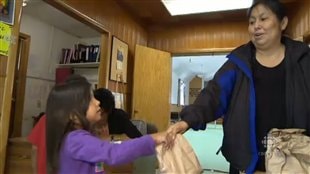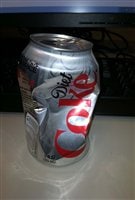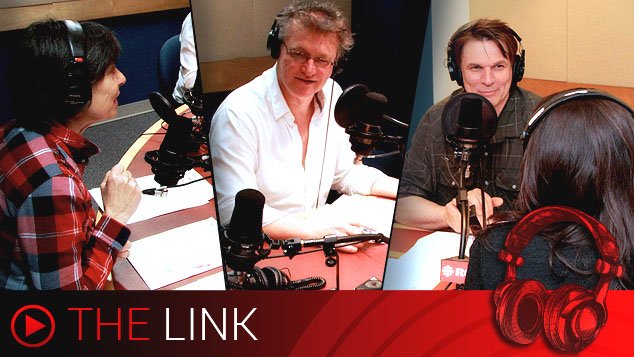As we head into a long weekend in Canada, the labour day weekend, traditionally thought of as signallint the end of summer, the regular team is here for this week’s show.Listen

Wojtek and Lynn, join me, Marc as we look back at some of this past week’s stories.
We start out with story about hunger in Canada, which may come as a surprise to many people in that Canada is perceived to be a “rich” country.
Yet the Conference Board of Canada, a think tank on economic trends and public policy issues, says there are about two million people here facing “food insecurity” and most of them are children
Lynn spoke to to researcher Alison Howard who wrote the Board’s report called, “Enough for All: Household Food Security in Canada.”
We then have a story about an aboriginal challenge to a major bi-lateral trade deal, the Canada-China Foreign Investment Promotion and Protection Agreement (FIPA).

The First Nations band, the Hupacasath of Vancouver Island, went to court asking for a stay in ratification of the deal until they had been consulted.
They said aspects of the trade deal had the potential to compromise their rights on resource development and enviromental issues.
The Federal court disagreed and disallowed the challenge.
Wojtek spoke to Brenda Sayers, the Hupacasath First Nation porfolio holder for the Canada-China FIPA.
And a story about why people are not recycling more products. Strangely it seems, in North

America at least, it’s at least partly due to a perception of the usefullness of “used” things.
The study showed that if a paper item was damaged or torn, or in small bits, people seemed to perceive that it had lost its “usefullness” and was garbage, whereas a whole piece of used paper would be recycled.
The same phenomenon was observed with tin cans… an empty undamaged tin would be tossed in the recycle bin, and we may crush it ourselves before tossing it in. However, if the empty tin was bent, damaged, or crushed when people got it, they tended to throw it into the trash.
To find out more on this recycling study, I spoke to Jennifer Argo, Commie Chair of Marketing at the University of Alberta School of Business.
We also read some of your comments posted to stories on our site. As always we welcome all your comments.
cheers until next week !







For reasons beyond our control, and for an undetermined period of time, our comment section is now closed. However, our social networks remain open to your contributions.